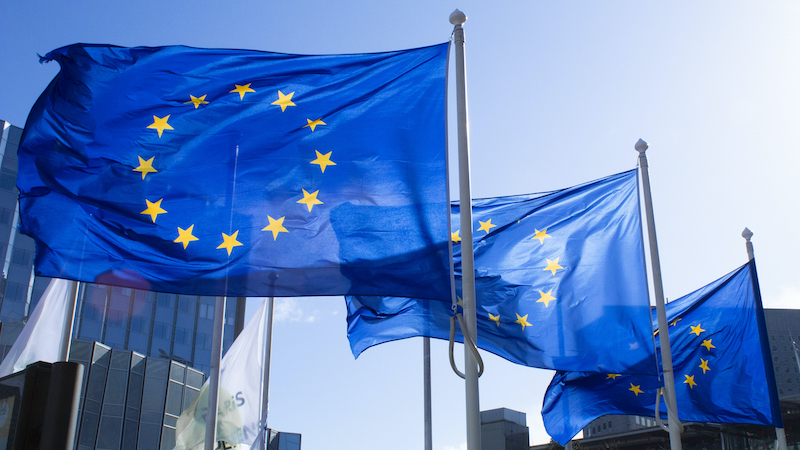These 11 sectors fall under the EU definition
The European Parliament has passed new guidelines to protect the supply systems. In addition, the EU has for the first time defined the critical infrastructure across countries. The new list includes significantly more industries than before.
In addition to the potential of a digitized future, various scenarios pose great risks for the citizens of the European Union. It is therefore all the more important to protect the so-called critical infrastructure in order to be able to react appropriately to crises.
But which sectors actually fall under the critical infrastructure? The deputies of the European Parliament employed. The result: A new law that defines critical infrastructure and determines new rules for protection.
Critical infrastructure: The EU defines eleven sectors
Accordingly, eleven sectors fall under it. The previous law, meanwhile, covered only the energy and transport sectors. The eleven sectors: banking and health care, financial market and digital infrastructure, waste water, energy, food (including production), transport, drinking water, public administration and space travel.
From now on, these areas will apply stricter rules in terms of risk assessment and reporting. This means that those responsible must inform the responsible authorities more quickly, among other things.
In the event of a natural disaster, during and after terrorist attacks or when pandemics and endemic diseases occur, the industries must also react accordingly. It is particularly important to protect the critical infrastructure. Defense against cyber attacks also plays a role.
Security of supply: Some companies also have to follow rules
The critical infrastructure of the EU also includes sectors of special importance. This includes companies that offer their infrastructure in more than six EU countries. Special rules also apply to these, because an interruption could have dire consequences.
The law has not yet been fully adopted. 595 MPs voted for the draft, only 17 against. However, the Council of Ministers still has to approve the new proposal. Then a central contact point for cross-border communication should be set up and life in the EU should become safer in the event of an emergency.
Also interesting:



